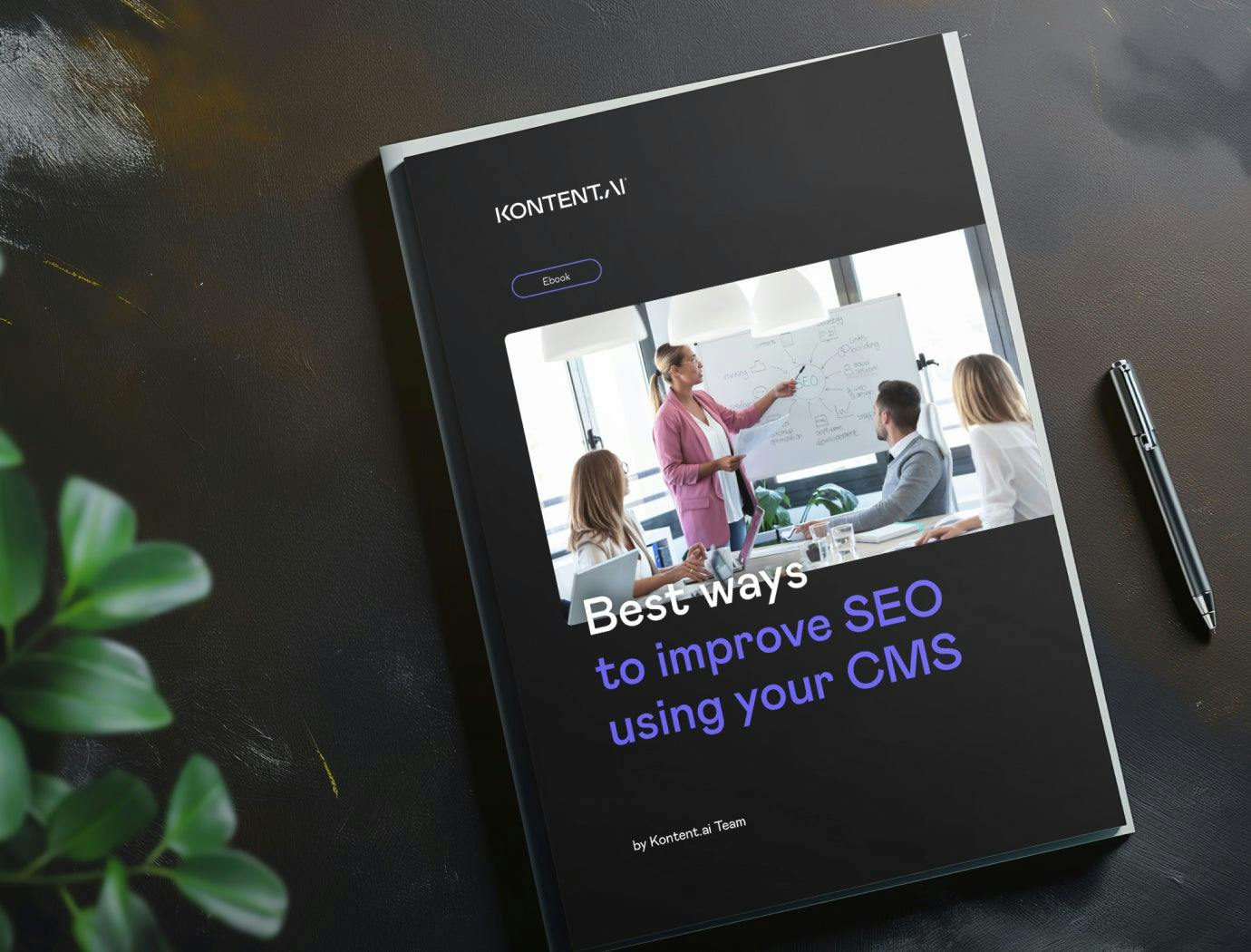Headless CMS – SEO’s best friend
In conclusion, the implementation of SEO in a headless CMS presents a unique and advantageous approach to managing content and optimizing for search engines. Let’s recap the key points discussed throughout the post:
- Headless CMS provides flexibility and ease of content management by decoupling the frontend from the backend, allowing organizations to deliver content across various platforms seamlessly.
- Challenges such as managing multiple microservices, maintaining content consistency, and ensuring security and scalability can be overcome by establishing a robust content governance strategy, employing dynamic content delivery, and implementing strict security measures.
- To ensure successful SEO in a headless CMS, organizations should focus on a structured content strategy, performance optimization, schema markup, keyword research, and an effective backlink strategy.
To sum up, headless CMS offers significant advantages for SEO efforts, enabling businesses to adapt quickly to changing market demands and deliver tailored content experiences across devices. By utilizing a headless approach, organizations gain the agility to implement SEO best practices efficiently, maintain a consistent brand presence, and enhance user experiences across different platforms. This can lead to improved search engine rankings, increased organic traffic, and a competitive edge in the digital landscape.
If you’re considering adopting a headless CMS for your SEO efforts, it is crucial to thoroughly evaluate your organization’s content requirements, technical capabilities, and long-term goals. It’s also recommended to engage with experienced development teams and SEO specialists to streamline the implementation process and ensure the best possible outcomes.
Ready to empower your organization to achieve sustainable growth in the digital landscape?













